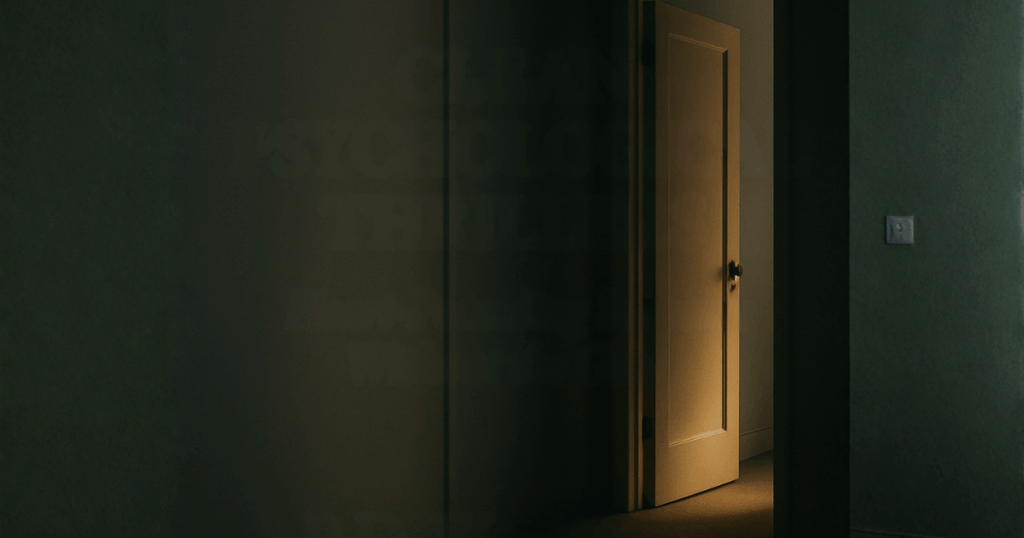
Not every psychological thriller needs to rely on gore or shock value.
Why “Clean” Doesn’t Mean Less Intense
When readers hear “clean fiction,” they sometimes imagine cozy mystery, YA, or Amish Romance. But a clean psychological thriller strips away excessive gore and profanity to expose something deeper: the human mind under pressure.
In these stories, fear doesn’t come only from a bloody crime scene—it comes from doubt, betrayal, and the realization that danger can hide behind an ordinary smile. Suspense thrives not in what we see, but in what we feel.
The Power of Restraint
The most effective thrillers understand that what’s left unsaid can be more chilling than what’s shown. Restraint allows the emotional tension to build naturally.
A glance, a missing key, a phrase taken the wrong way—these small things become ticking clocks in a reader’s mind.
That’s why readers of clean thrillers or non-graphic suspense find your books so satisfying. They don’t need explicit scenes, gore, or harsh language to feel fear and empathy—they need truth.
P.D. Workman’s Clean Psychological Thrillers
An Abrupt Departure
When junk-removal owner Graham Hall finds an abandoned apartment filled with personal belongings, his curiosity unearths a chilling secret. No gore. No graphic scenes. Just a growing sense of unease as obsession twists into danger.
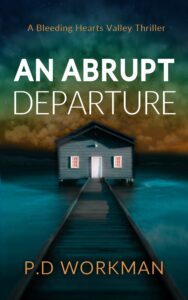
She Wore Mourning (Zachary Goldman Mysteries)
Private investigator Zachary Goldman lives with PTSD and depression, but his empathy gives him an edge others don’t have. This isn’t a story about violence—it’s about understanding what drives it. The suspense is psychological, not graphic.
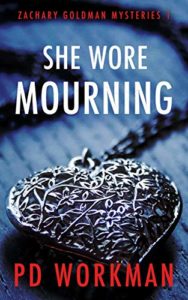
Virtually Harmless
Micah, a neurodivergent artist and scientist, gets caught in a high-tech mystery that requires all of her creativity and knowledge. The tension comes from intellect and perception, not gore. A thriller for readers who prefer their chills cerebral.
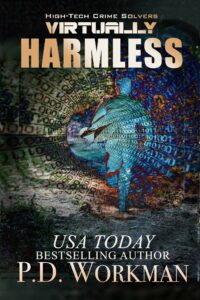
Kenzie Kirsch Medical Thrillers
As assistant medical examiner, Kenzie Kirsch faces moral and emotional dilemmas that test her compassion as much as her courage. Even in the medical world—where life and death are constant—the story stays clean, human, and thought-provoking.
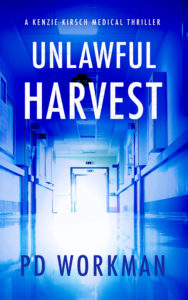
Why Readers Choose Clean Suspense
- Emotional depth over graphic detail. Violence and language never overshadow character growth or theme.
- Safe but intense. Readers can experience fear, empathy, and moral complexity without discomfort or triggers.
- Universal accessibility. Readers who prefer clean or non-graphic stories find full immersion without compromise.
- Focus on the human mind. True terror comes from realizing how easily everything can change.
Clean Doesn’t Mean Predictable
Clean thrillers can explore dark subjects—mental illness, obsession, moral failure—without glorifying them. They offer redemption, not corruption; clarity, not exploitation.
As one reviewer said of She Wore Mourning, “The story is deeply emotional, but never gratuitous. I couldn’t look away.”
The balance between empathy and suspense is what defines P.D. Workman’s voice: thrillers with conscience and compassion.
What to Read Next
👉🏻 When Love Turns Dangerous: Obsession and Control in Psychological Thrillers
👉🏻 Twisted Truths and Haunted Minds: The Psychology Behind the Thriller
👉🏻 Small Town Secrets: Why Familiar Places Make the Scariest Thrillers
Frequently Asked Questions
Q: What makes a psychological thriller “clean”?
A: A clean thriller avoids explicit violence, profanity, or sexual content while maintaining intense suspense and psychological realism. The fear comes from emotional depth, not graphic scenes.
Q: Can a thriller be gripping without violence or profanity?
A: Absolutely. The most memorable suspense arises from character choices, moral dilemmas, and fear of the unknown—not from gore.
Q: Are clean psychological thrillers faith-based?
A: Not necessarily. Some include spiritual themes, while others simply maintain ethical storytelling that’s accessible to all readers.
Q: Why do readers prefer clean suspense?
A: Because it allows them to enjoy tension, insight, and catharsis without discomfort. They can engage emotionally while feeling safe from shock or exploitation.
Q: Do clean thrillers still explore dark themes?
A: Yes. They confront danger, trauma, and moral tension while avoiding explicit content. Darkness can be psychological rather than graphic.
Q: Who are clean psychological thrillers written for?
A: Readers who crave intelligent, emotionally charged suspense but prefer stories without graphic violence or language.
Q: Are clean thrillers suitable for teens or book clubs?
A: Most are! Their focus on character and conscience makes them ideal for cross-generational readers and discussion groups.
Read Next
👉 Twisted Truths and Haunted Minds: The Psychology Behind the Perfect Thriller


